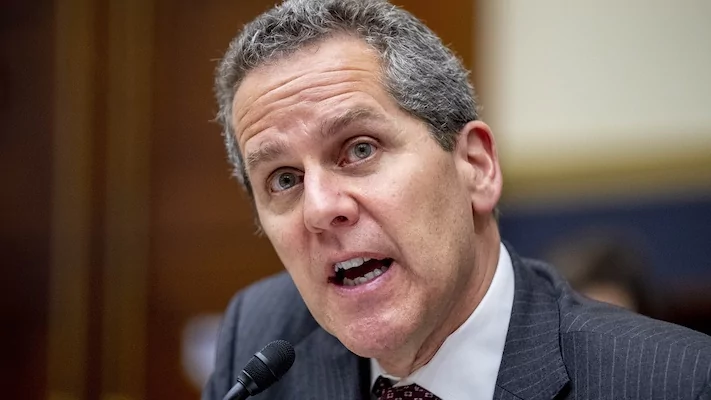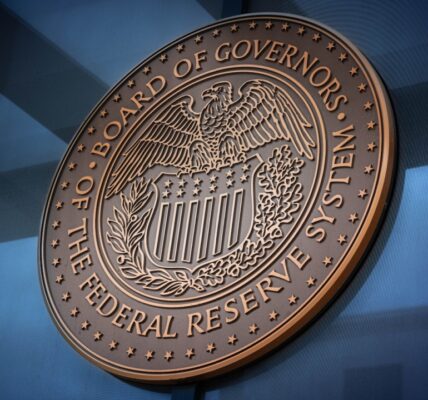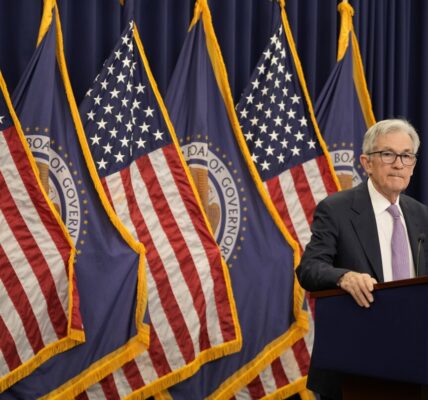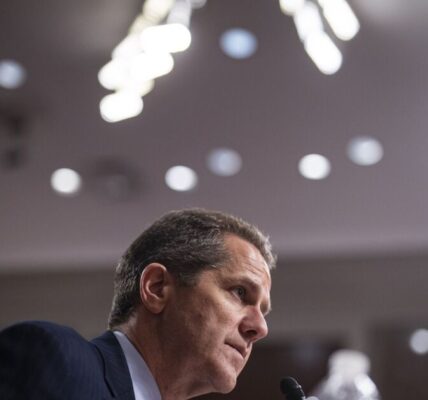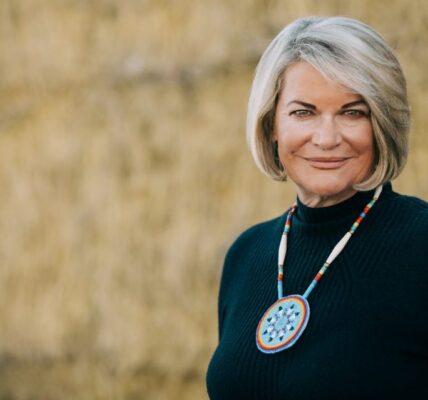Federal Reserve Vice Chairman for Supervision Michael Barr announced that he will step down from the powerful role in the coming weeks after President-elect Donald Trump enters office.
Barr submitted his resignation letter to President Joe Biden on Monday, saying he would step aside at the end of February unless his successor is named before then. The resignation was tendered in order to avoid a possible clash with Trump over his role, according to Barr.
Barr said it has been an “honor and a privilege” to serve as the Fed’s top banking regulator. While he is resigning, Barr intends to remain with the central bank as a member of the Fed’s Board of Governors.
“The position of vice chair for supervision was created after the Global Financial Crisis to create greater responsibility, transparency, and accountability for the Federal Reserve’s supervision and regulation of the financial system,” Barr said in the letter to Biden. “The risk of a dispute over the position could be a distraction from our mission. In the current environment, I’ve determined that I would be more effective in serving the American people from my role as governor.”
Barr has a deep background in economic policy and was one of the designers of the 2010 Dodd-Frank Act that overhauled the financial regulatory system.
Barr previously served as assistant treasury secretary for financial institutions under former President Barack Obama and was one of the driving forces behind the regulatory changes following the financial crisis, including the creation of the Consumer Financial Protection Bureau, the agency established to monitor credit cards, mortgages, and other financial products used by consumers that has since become a top target of Republicans.
After Barr’s resignation was announced, Senate Banking Committee ranking member Tim Scott (R-SC) criticized his tenure and highlighted the bank failures that happened under his watch in spring 2023.
“Michael Barr has failed to meet the responsibilities of his position,” Scott said in a statement. “I stand ready to work with President Trump to ensure we have responsible financial regulators at the helm.”
Trump has had a somewhat adversarial relationship in the past.
While in office, Trump criticized Fed policy, blasting the central bank for raising interest rates too quickly. It was reported Trump had private discussions about firing Fed Chairman Jerome Powell, although Powell said at the time — and has recently reiterated — that he doesn’t believe that Trump has the authority to fire him.
CLICK HERE TO READ MORE FROM THE WASHINGTON EXAMINER
In 2019, Trump notoriously wrote that his “only question is, who is our biggest enemy” — Powell or Chinese President Xi Jinping.
Last month, Trump said he doesn’t have plans to fire Powell this time around.

